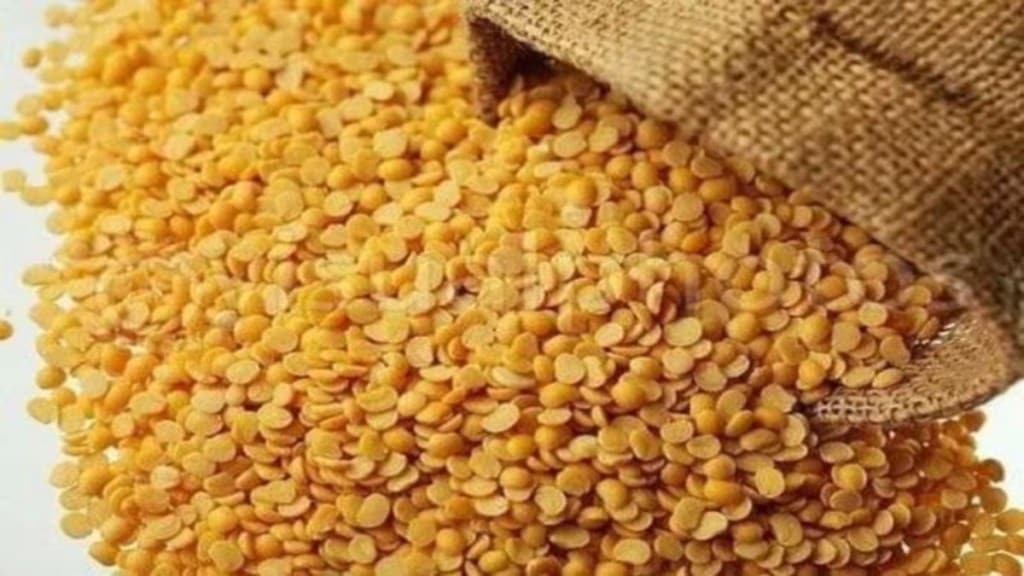Despite the government agencies buying a record volume of tur, a premium pulses variety, under price support scheme (PSS) of the agriculture ministry in the 2024-25 season, its mandi prices continue to rule significantly below the Minimum Support Price (MSP).
Traders attribute factors such as uninterrupted imports and bumper output for decline in prices of pulse variety after two years.
Just a week prior to completion of the tur purchase under PSS by agencies such as Nafed and NCCF in key producing states Maharashtra, Karnataka, Andhra Pradesh, Telangana and Gujarat, total procurement in the current season is 0.59 million tonne (MT) so far which is record since 2017-18 season.
Trade sources told FE that mandi prices are currently ruling 10% – 12% below the MSP of Rs 7550/quintal because of interrupted imports at cheaper prices from Myanmar and Africa.
The mandi prices of the domestic produce is ruling around Rs 6600/quintal, while the landed cost of import pulse variety from Myanmar and African countries were quoted at Rs 6220/quintal and Rs 5600/quintal respectively.
“Bumper output and uninterrupted imports despite robust procurement, has depressed the tur prices,” a leading trader of the commodity from Latur, Maharashtra, said
Tur MSP purchase in 2017-18 season by the government agencies was 0.87 MT.
Due to drop in output in the last two seasons, mandi prices were ruling between Rs 9000/quintal to Rs 10,000/quintal– substantially above the MSP. At this juncture, the agencies were unable to purchase tur to beef up its buffer stocks.
As per the price monitoring cell of the department of consumers affairs, this Monday, the modal retail prices of tur have declined to Rs 120/kg, a fall of 25% compared to Rs 160/kg that prevailed in February 2025.
Meanwhile, the retail inflation in tur (arhar dal) was in the negative zone (- 9.84%) in April on year due to a higher base effect.
The agriculture ministry, in its third advance estimate recently, had estimated tur output at 3.56 MT in the current crop year, higher than the 3.41 MT in 2023-24 crop year. However, trade sources have projected output to be in the range of 10% to 15% higher in the current crop year.
India imported over 1.1 MT of tur from several countries including Myanmar, Mozambique, Malawi and Tanzania in 2024-25.
Despite the prospects of robust kharif harvest, the government, at the beginning of the year, had extended the free import policy for tur or pigeon peas by a year, until March 31, 2026,
Agriculture minister Shivraj Singh Chouhan had stated that in order to increase domestic production of pulses, reduce dependence on imports, as well as encourage farmers, the Government has approved the procurement of tur, urad and lentil under price support scheme at 100% of State production for the procurement year 2024-25 under PSS.

